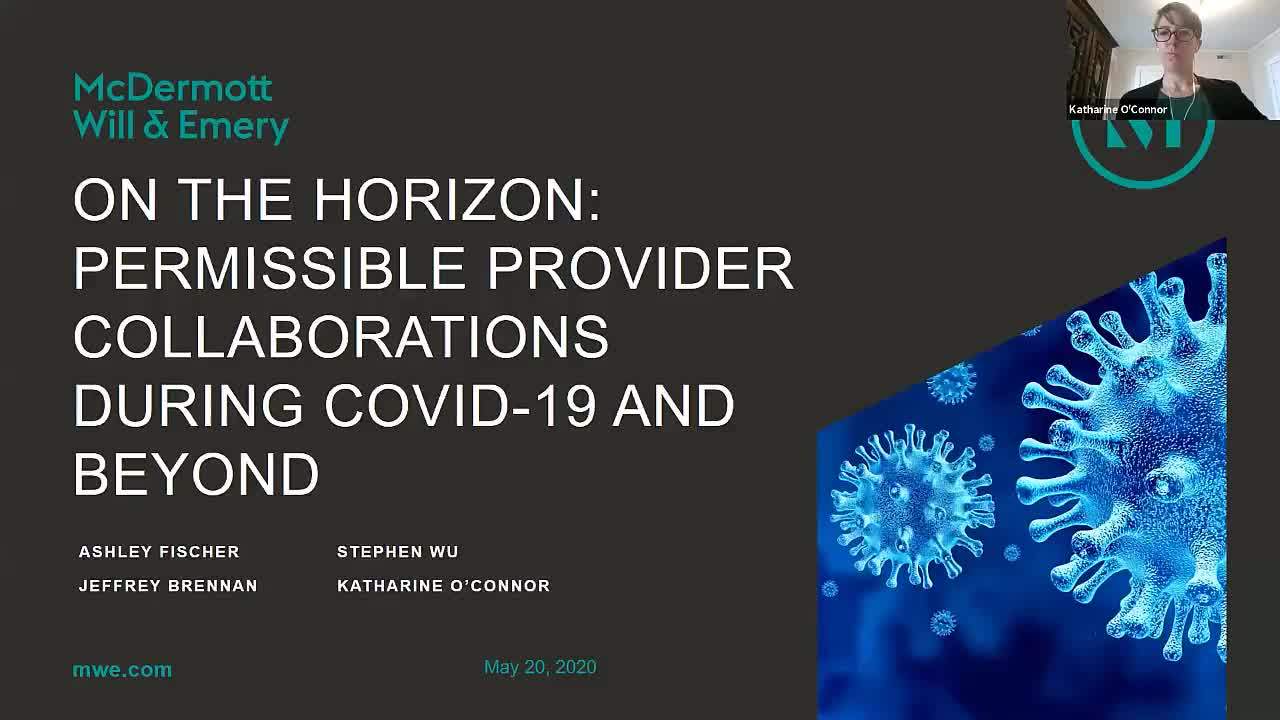In March 3, 2022, speeches at the American Bar Association’s Annual National Institute on White Collar Crime (ABA White Collar Institute), US Attorney General (AG) Merrick Garland and US Assistant Attorney General for the Criminal Division (AAG) Kenneth Polite Jr. addressed the US Department of Justice’s (DOJ) increased commitment to investigating and prosecuting corporate crime.
As a testament to their commitment to these resource-intensive cases, AG Garland discussed plans to hire 120 new prosecutors and 900 new FBI agents; this announcement represents a substantial surge in resources. AG Garland and AAG Polite also addressed specific ways they intend to increase enforcement efforts, including through the expanded use of data analytics. Finally, in addition to outlining substantive enforcement priorities, AG Garland and AAG Polite emphasized DOJ’s focus on individual accountability, with AG Garland reiterating that DOJ’s primary goal is “obtaining individual convictions rather than accepting big-dollar corporate dispositions.”
As AG Garland warned, DOJ’s white-collar enforcement efforts will further “accelerate as we come out of the pandemic” and DOJ’s interest in corporate crime is clearly “waxing again.” Companies must therefore take proactive steps to prepare for this increased enforcement activity.
IN DEPTHSubstantial Additional Resources for Corporate Crime Enforcement
In 2021, DOJ charged 5,521 individuals with “white collar” crimes, which represented a 10% increase over 2020. During his speech, AG Garland announced that DOJ will be devoting even more resources toward its corporate crime enforcement efforts going forward. Specifically, DOJ will seek funding to hire 120 new prosecutors and 900 new FBI agents, all of whom would focus on white-collar crime. If DOJ obtains such funding, those new prosecutors and agents could supercharge DOJ’s enforcement efforts. For example, 120 prosecutors is more prosecutors than there are in many US Attorneys’ Offices (including in the District of Massachusetts, a district that is already active in corporate enforcement, particularly in the resource-intensive healthcare space). Adding 900 new FBI agents—a number that is similarly larger than many existing FBI field offices—could allow DOJ to pursue thousands of new corporate criminal investigations.
Expanded Use of Data Analytics
For the past two years, DOJ and other federal agencies have increasingly relied on sophisticated data analytics tools to identify and prosecute corporate crime. AG Garland specifically identified data analytics as another “force-multiplier” for DOJ. DOJ’s use of data analytics will undoubtedly expand going forward. Among other things, AG Garland announced that a new squad of FBI agents has been embedded within the Criminal Division’s Fraud Section to “further strengthen [DOJ’s] ability to bring data-driven corporate crime cases nationwide.” As DOJ increasingly relies on “big data,” including vast amounts of data from other state and federal agencies, companies must ensure that they are proactively using data analytics to further their own internal compliance efforts.
DOJ’s Priority Enforcement Areas
AG Garland and AAG Polite mentioned several of DOJ’s specific white-collar criminal enforcement priorities during their remarks. In addition to traditional areas such as healthcare fraud, securities fraud and [...]
Continue Reading
read more

 Subscribe
Subscribe

